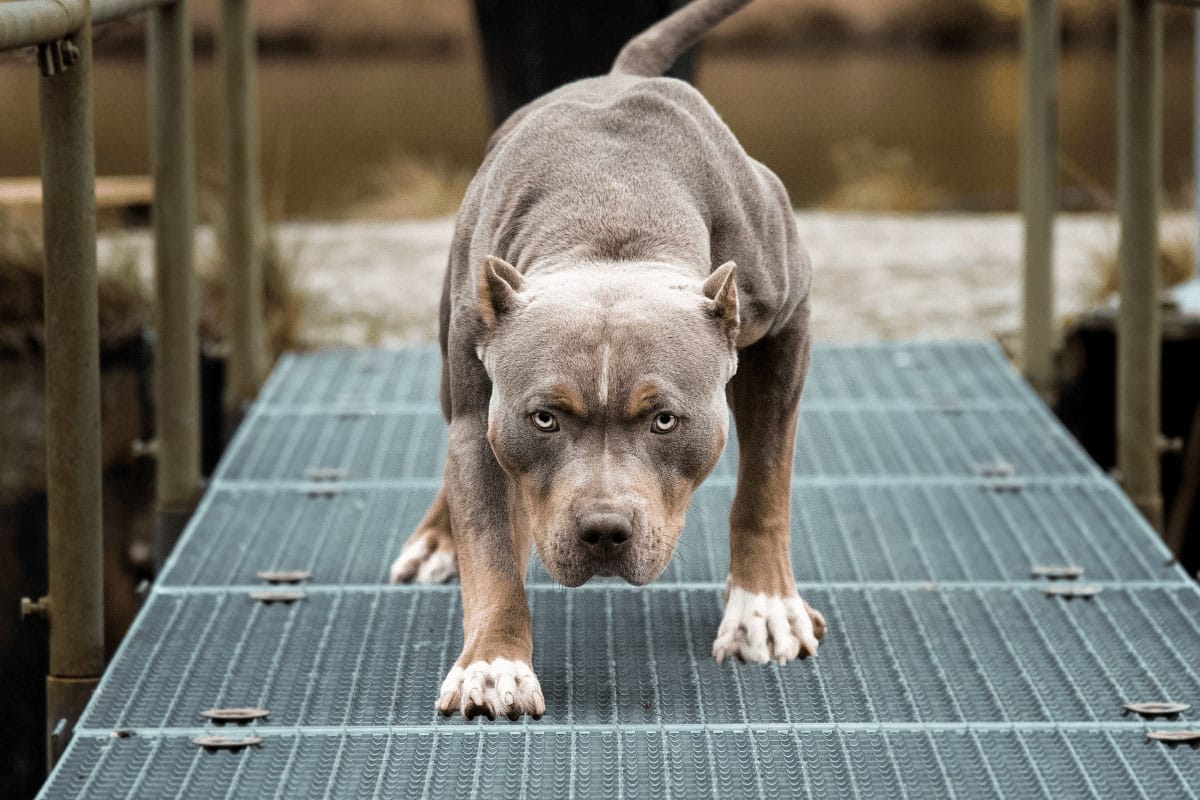SINGAPORE — A mysterious respiratory illness has been plaguing dogs across the United States, but no known reports of the same illness have been made in Singapore yet, the Animal & Veterinary Service (AVS) said on Thursday (Nov 30).
Responding to queries from TODAY, Dr Chua Tze Hoong, its group director of veterinary health, said that the agency has reached out to veterinarians and industry stakeholders to get them to report “any respiratory disease of a similar nature”.
“To date, we have not received any local reports of respiratory illness similar to that reported in the US in dogs in Singapore,” Dr Chua added.
“We understand that investigations are still ongoing in the US and the National Parks Board (NParks) will continue to monitor the international developments, evaluate new evidence and take further actions to safeguard animal health in Singapore, where necessary.”
AVS is part of NParks.
ILLNESS ‘VERY GOOD’ AT EVADING CANINE IMMUNE SYSTEM
The Oregon Department of Agriculture in the US first received reports of an “atypical canine infectious respiratory illness” in August, it said in a press release published on Aug 7 and most recently updated on Nov 28.
Since August, it has received more than 200 such reports from veterinarians in Oregon, the department said.
It noted that veterinarians in other US states such as New Hampshire had reported similar canine illnesses as far back as the summer of 2022.
The illness is typically characterised by coughing, sneezing, eye or nose discharge, and lethargy, but it tends to also be accompanied by the following symptoms:
- Chronic mild to moderate tracheobronchitis — a sudden or long-term inflammation of the trachea and bronchial airways — which lasts for six to eight weeks, and is minimally responsive or not responsive to antibiotics
- Chronic pneumonia that is minimally responsive or not responsive to antibiotics
- Acute pneumonia that rapidly becomes severe, and often leads to “poor outcomes” within just 24 to 36 hours
A variety of dog breeds are known to have been infected by the illness. In more severe cases, it has even led to canine deaths, US-based news network NBC News reported on Nov 22.
The network also reported that the illness could be caused by a new type of bacterial infection that may be “very good at evading the canine immune system”.
Researchers at the University of New Hampshire’s Veterinary Diagnosis Laboratory and the Hubbard Center for Genome Studies told the network that they had identified a pathogen that might have caused the pets to fall sick.
They had discovered a “previously unknown germ” through a genetic sequencing of samples from infected dogs.
These included an initial group of 30 dogs from New Hampshire that were infected last year, and 40 more that fell sick this year and were from Rhode Island and Massachusetts.
Dr David Needle, pathology section chief at the College of Life Sciences and Agriculture at the University of New Hampshire, said that the pathogen is “a funky bacterium”.
“It’s smaller than a normal bacterium in its size and in the size of its genome. Long story short, it’s a weird bacterium that can be tough to find and sequence.”
Still, scientists are unsure if the same bug is making dogs sick across the nation — though veterinarians are certain that this germ is “something they don’t recognise”, NBC reported.
RISK OF CANINE RESPIRATORY ILLNESSES
On Thursday, Dr Chua of AVS said: “NParks has in place a biosecurity and biosurveillance programme to safeguard the health of Singapore’s animal populations, and to detect and respond to any diseases of animal and public health concerns.”
For example, dogs imported into Singapore are required to comply with the authority’s import health conditions, which include a health certificate certifying that the animals are vaccinated and healthy before export, he added.
“In addition to health checks by our officers at import, dogs from countries with rabies risk, such as the United States, are also being monitored during post-arrival quarantine for any clinical diseases and appropriate isolation and treatment will be given.”
Dr Chua noted that infectious respiratory disease spreads through direct contact between dogs, or through indirect contact with droplets from sneezing or coughing dogs.
And while no known reports of the illness have been made in Singapore so far, he suggested that pet owners could adopt the following measures to reduce respiratory diseases in dogs in general:
- Keep any unwell dog away from other dogs, activities or facilities where multiple dogs are present, until it has fully recovered
- Adhere to good hygiene practices to minimise the risk of spreading the illness to other dogs. This includes washing hands with soap and water, before and after coming into contact with dogs and their environment
- Ensure that dogs are up-to-date with all vaccinations recommended by their veterinarians, and seek veterinary attention if pets are unwell


/cloudfront-us-east-1.images.arcpublishing.com/advancelocal/WQC4GJBASFE7DPJAKP3KQRJIG4.jpg)






